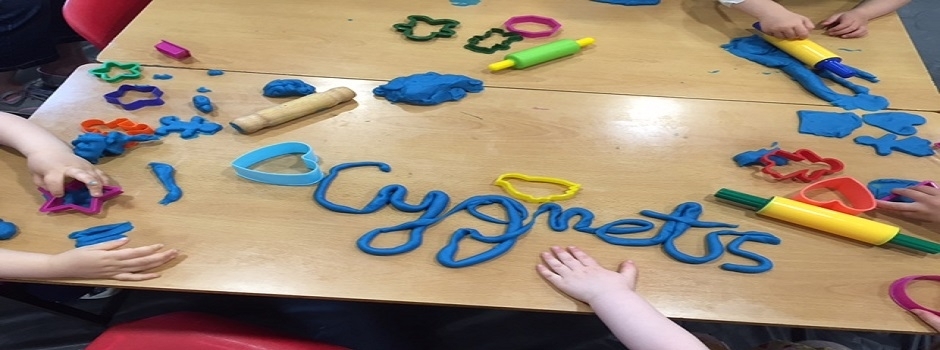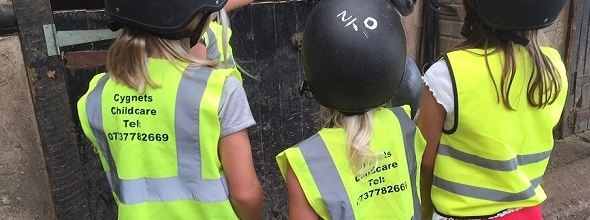The Reggio Emilia Approach
The Reggio Emilia approach is a unique educational philosophy that focuses on early childhood education. It was developed in Reggio Emilia, Italy, after World War II by educator Loris Malaguzzi and local parents. Here are some key aspects of this approach:
Core Principles
-
View of the Child: Children are seen as strong, capable, and full of potential. They are active participants in their own learning journey, driven by curiosity and creativity.
-
The Hundred Languages: This concept highlights the many ways children express themselves, such as through art, music, movement, and play. The approach encourages children to use these diverse “languages” to explore and communicate their understanding of the world.
-
Environment as the Third Teacher: The learning environment is considered a vital part of the educational experience. Classrooms are designed to be inviting, stimulating, and reflective of the children’s interests, promoting exploration and interaction.
-
Project-Based Learning: Children engage in in-depth projects based on their interests. These projects are flexible and evolve with the children’s ideas and discoveries, fostering deep and meaningful learning experiences.
-
Collaboration and Relationships: Learning is seen as a social process. Children, teachers, and parents collaborate and learn from each other. Teachers observe and document children’s work to understand their learning processes and plan future activities.
-
Documentation: Teachers document children’s thoughts, discussions, and activities through various means such as photographs, videos, and written observations. This documentation helps reflect on the learning process and makes it visible to children, parents, and educators.
Implementation
-
Teacher’s Role: Teachers act as co-learners and collaborators rather than traditional instructors. They guide and support children’s learning journeys, encouraging them to ask questions and explore their interests.
-
Parental Involvement: Parents are considered essential partners in the educational process. Their involvement and insights are valued and integrated into the learning environment.
-
Flexible Curriculum: The curriculum is not fixed but is instead shaped by the children’s interests and ideas. This flexibility allows for a more personalized and engaging learning experience.
The Reggio Emilia approach nurtures a love for learning by encouraging children to explore their interests in a supportive and enriching environment. It emphasizes the importance of relationships, creativity, and the environment in the educational process.
If you have any more questions or need further details, feel free to ask!

